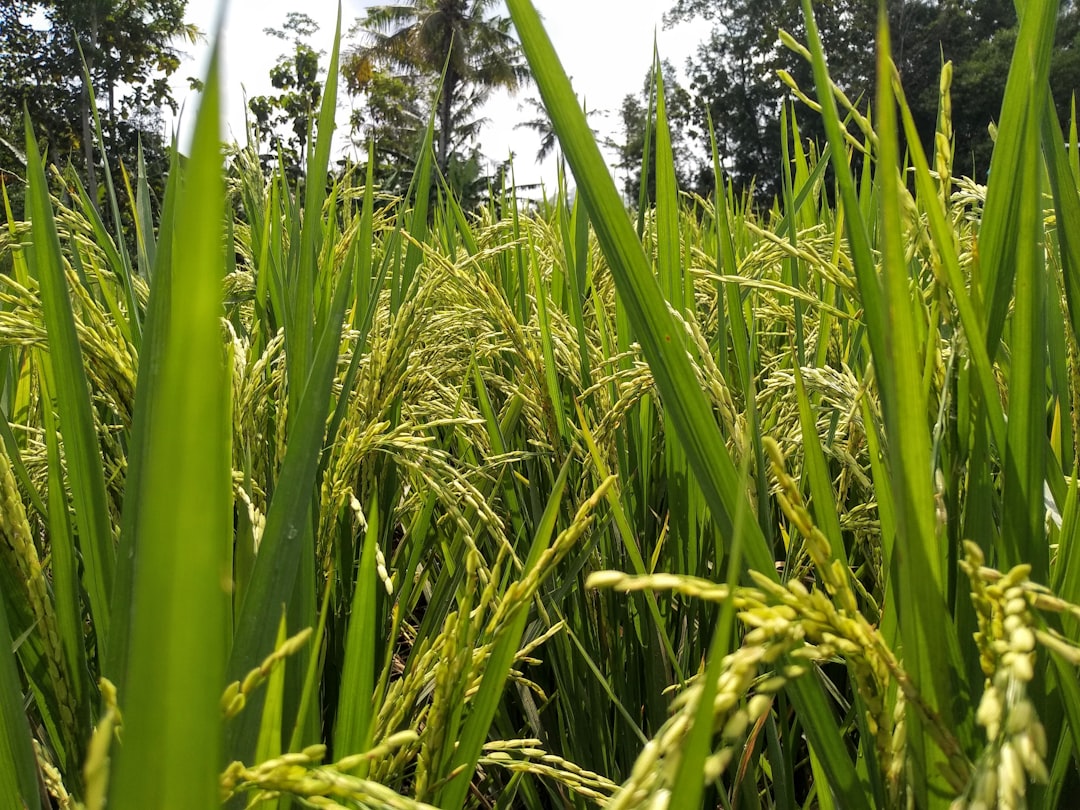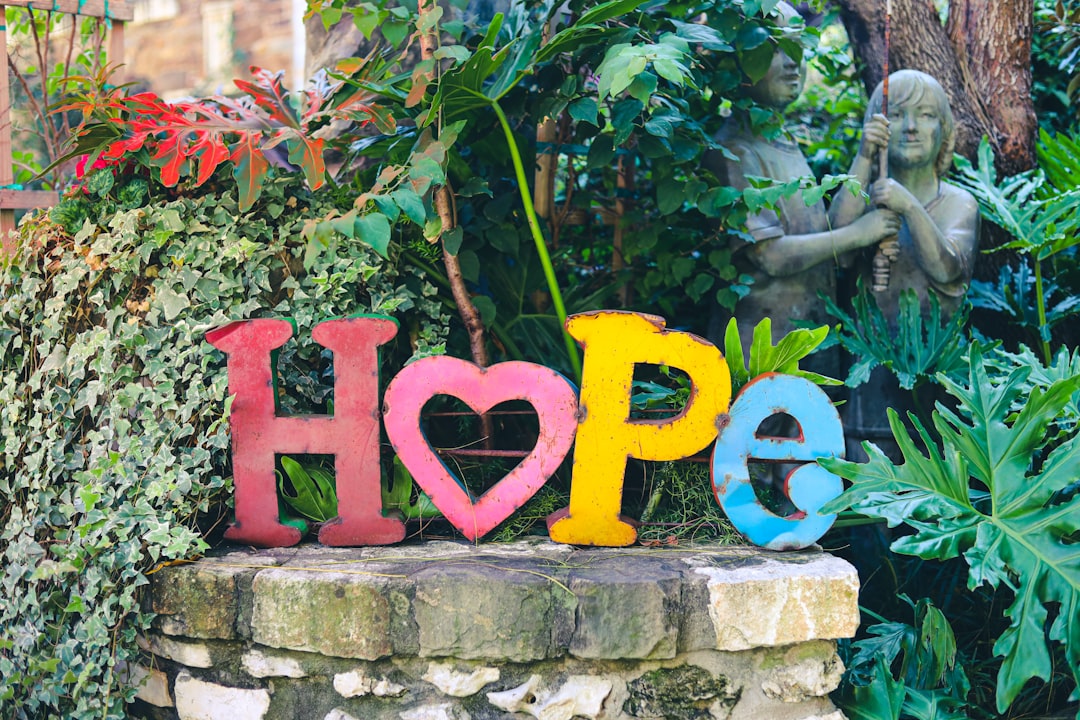What is it about?
The UN Human Rights Council first adopted a resolution on elimination of discrimination against persons affected by leprosy and family members in 2008, and this was later followed by a UN General Assembly resolution in 2010. Nonbinding principle and guidelines on elimination of discrimination against persons affected by leprosy and their family members accompanied the 2010 resolution, but these have yet to be fully implemented. In 2017, the Human Rights Council appointed a Special Rapporteur on leprosy to investigate the extent to which the principles and guidelines have been implemented. Considering the proper implementation of the principles and guidelines to be key to eliminating the discrimination that persons affected by leprosy and their families face in various parts of the world, this paper looks at the contribution the Special Rapporteur can make.
Featured Image

Photo by Ron Hansen on Unsplash
Why is it important?
Leprosy, or Hansen’s disease, is one of the oldest infectious diseases in the world. It has long been associated with stigma and discrimination, but only in recent years has this aspect been formally recognized by the international community as a human rights issue. This is one of the few articles which highlights the achievements and challenges resulting from the work of the UN Special Rapporteur on leprosy, as well as recommendations to operate more efficiently.
Perspectives
Through this article, I hope more people will realize that leprosy is a human rights issue.
Dr. Takahiro Nanri
Sasakawa Health Foundation
Read the Original
This page is a summary of: Initiatives to address leprosy as a human rights issue through the mandate of UN Special Rapporteur: Achievements and challenges, PLoS Neglected Tropical Diseases, March 2022, PLOS,
DOI: 10.1371/journal.pntd.0010201.
You can read the full text:
Contributors
The following have contributed to this page










